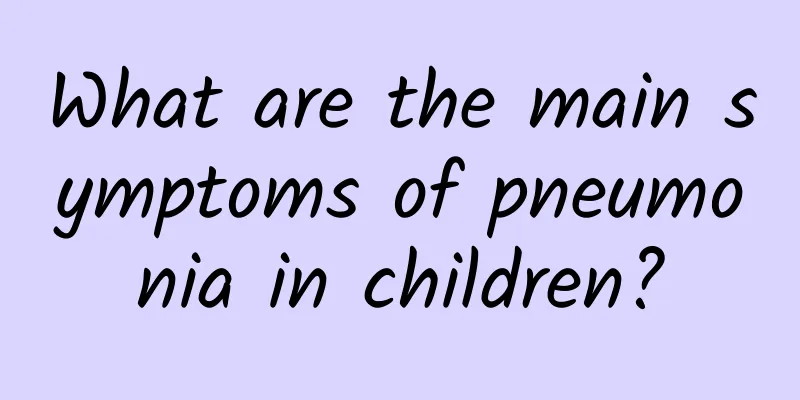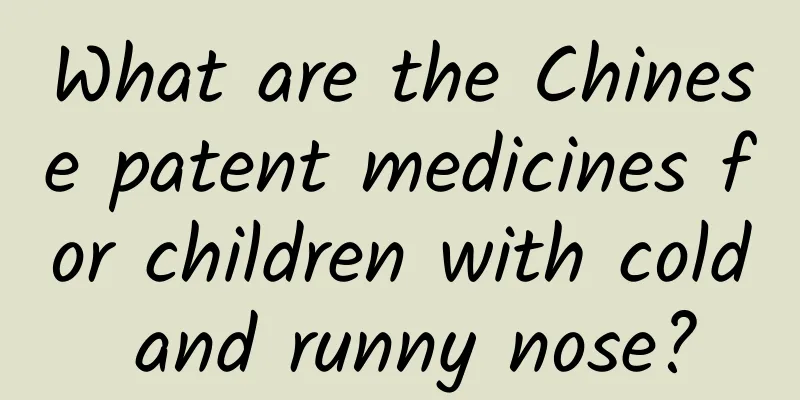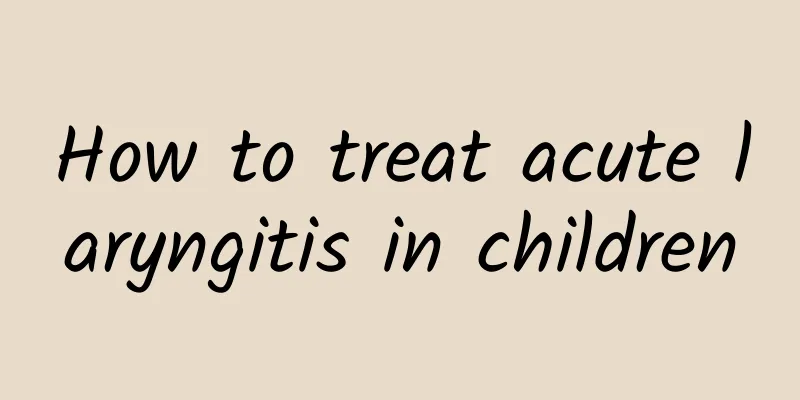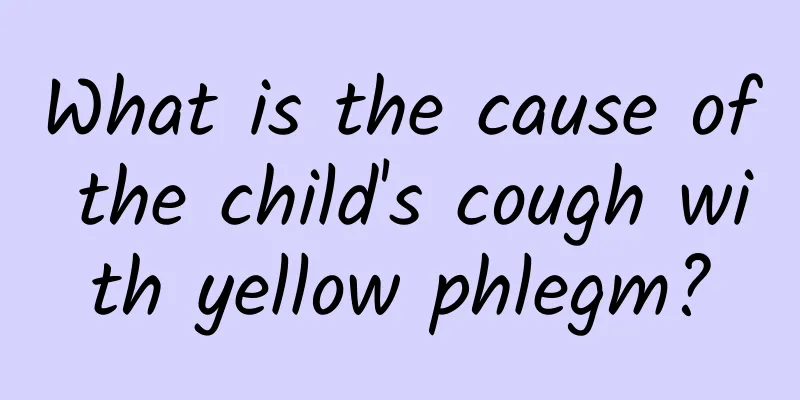What are the common causes of hand, foot and mouth disease in babies?
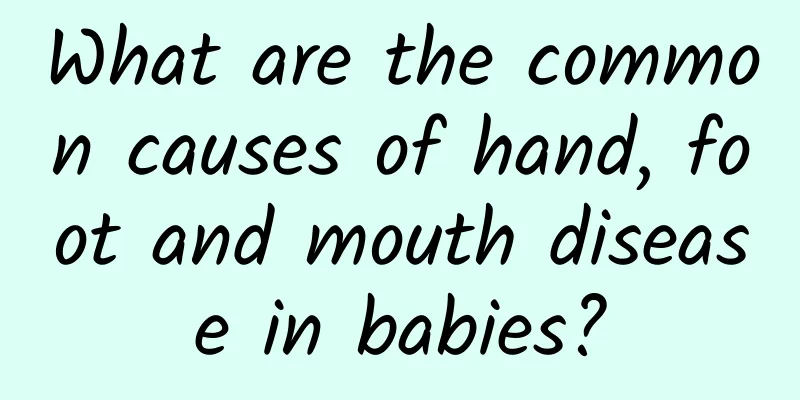
|
Hand, foot and mouth disease in babies is usually caused by enterovirus infection, which can be transmitted through saliva, droplets or contact with contaminated objects, and is common in infants and preschoolers. Its onset is closely related to factors such as exposure to viruses, weak immune function, and personal hygiene habits. 1. Viral infection is the main cause The main pathogens of hand, foot and mouth disease are enteroviruses, including Coxsackievirus A group such as A16 and enterovirus 71 EV71. These viruses enter the baby's body through droplets, saliva, feces or contaminated surfaces. Especially in places such as nurseries or kindergartens, the virus spreads more quickly because children often touch shared toys and do not pay attention to washing hands frequently, which may become direct causes. 2 Weak immunity is the basis for induction The immune system of infants and young children is not fully developed, so they are more vulnerable to viruses. In addition, some children with poor health or long-term malnutrition are more likely to be infected with hand, foot and mouth disease due to low immune function. Paying attention to your baby's daily balanced nutrition, sleep quality and necessary vaccinations can effectively reduce the chance of infection. 3. Environmental pollution and sanitation issues are also key factors Hand, foot and mouth disease often occurs in summer and autumn, and is closely related to high temperature and humid environment. When children live in poor sanitary conditions, such as toys and milk bottles are not cleaned in time, or when they eat food without washing their hands, the virus can easily spread through the mouth, nose or skin. Whether at home or in collective places, we must strengthen the attention to cleanliness and hygiene and do a good job in blocking the spread of the virus. 4 Group activities can easily lead to transmission Hand, foot and mouth disease is contagious to a certain extent. If the baby has been in contact with a group of potential patients, the risk of infection will increase significantly. This is why collective environments such as nurseries and kindergartens have become high-incidence places. Regular popular health education and avoiding taking children to crowded places during the peak period of the disease are important measures to reduce the spread of the disease. To reduce the risk of hand, foot and mouth disease, parents need to pay attention to maintaining the baby's personal hygiene, develop the habit of washing hands before and after meals, regularly clean toys and bottles, and avoid letting children come into contact with obvious patients. If the baby is found to have similar symptoms, such as herpes on the hands, feet, and mouth, it is necessary to seek medical treatment as soon as possible to avoid the disease from worsening and causing serious consequences. |
<<: How is hernia formed in children?
>>: Is neonatal hepatitis an important cause of neonatal jaundice?
Recommend
Introduction to the latest progress in the treatment of Kawasaki disease
Kawasaki disease is a very common disease in life...
What are the causes of neonatal pneumonia? What is the correct treatment for neonatal pneumonia?
Neonatal pneumonia is a common pediatric disease....
What to do if children have high jaundice
What should I do if my child has high jaundice? T...
ADHD Self-Test 40 Questions
ADHD, also known as attention deficit hyperactivi...
How to treat a child who keeps coughing?
If your child keeps coughing, you can take measur...
Methods of early prevention of polio
Polio is an acute infectious disease caused by th...
How to correctly prevent pneumonia in children
Neonatal pneumonia is the most common severe resp...
What to eat for acute laryngitis in children
What should children eat for acute laryngitis? Th...
What causes hand, foot and mouth disease in adults?
The main causes of hand, foot and mouth disease i...
What are the symptoms of thalassemia? Some patients may have jaundice.
Thalassemia is generally called thalassemia, thal...
What Chinese medicine should be used for patent ductus arteriosus
What Chinese medicine should be used for patent d...
Acute suppurative parotitis is not serious
Acute suppurative parotitis is not serious 1. The...
How to prevent Kawasaki disease through lifestyle habits
We must take preventive measures in our lives so ...
What are the causes of diarrhea in children? What factors can cause diarrhea in infants and young children?
In summer, many children are prone to diarrhea. T...
How to treat tonsillitis caused by cold in children
Tonsillitis caused by a cold in children needs to...




